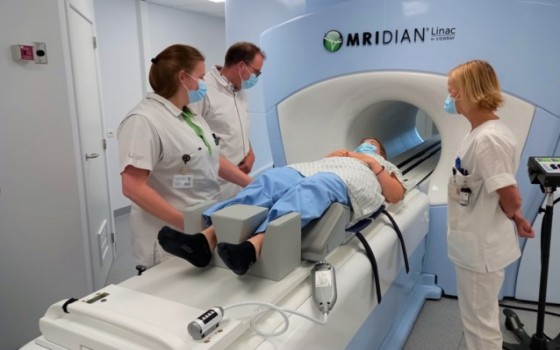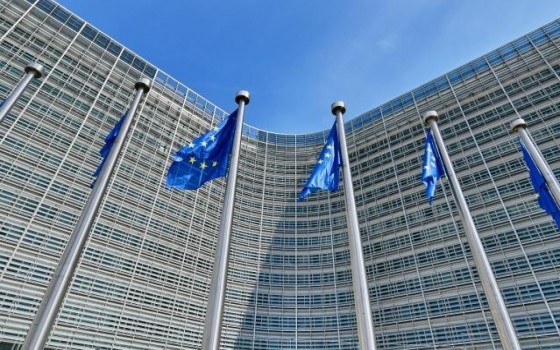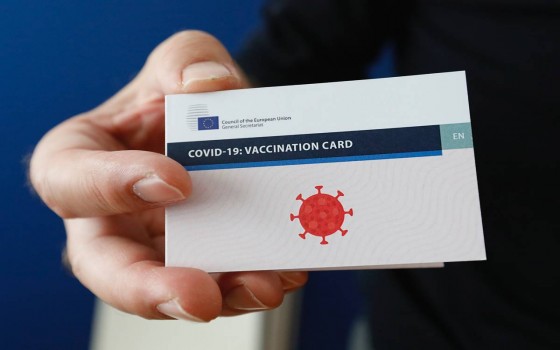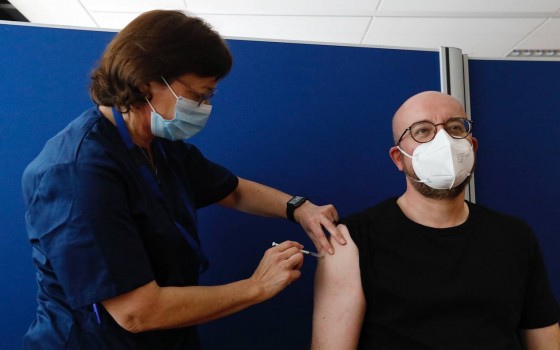
More than 600 essential medicines have disappeared in Belgium in the last five years.. they are no longer profitable and costs are rising

- Europe and Arabs
- Wednesday , 28 August 2024 10:14 AM GMT
Brussels: Europe and the Arabs
Over the past five years, 604 essential medicines have disappeared because they are no longer profitable due to government saving measures, coupled with rising costs. This is what the pharmaceutical sector organization Medaxes said. It warned that more medicines are at risk of disappearing, and therefore called for a "separate government funding budget". According to local newspapers in Brussels, citing the Belgian news agency, the organization added, "The fact that essential medicines (whose patents have expired) are disappearing means that Belgian patients have to receive different treatment, "which costs on average about 10 percent more per dose," according to Medaxes. "It is the taxpayer - and therefore the same patient - who will ultimately be presented with the bill." The Belgian government provides approximately 5.5 billion euros annually to reimburse the costs of medicines. Medaxes says that around 40 percent of this budget goes to so-called essential medicines, which are nevertheless useful in 97 percent of cases. According to the organization, this budget is too small to continue to produce them profitably.
Newer medicines whose patents have not yet expired account for 60 percent of the government budget. These medicines are becoming increasingly expensive and therefore take up an increasingly large share, while pressure is mounting to provide essential medicines.
Medaxes says: "The race to the bottom has now become so intense that more than An average of 120 medicines disappear every year because they are no longer profitable. “The government is developing savings measures to pay the drug bill, which in fact leads to more spending on the ground. “Therefore, there is an urgent need for adjustment.”
Innovation at the expense of accessibility
The pharmaceutical sector organization is calling for the government budget to be split to cover costs, with a separate budget for essential medicines. “If we don’t do this, innovation will always come at the expense of accessibility,” he said.
According to Medaxes, time is running out, because due to inflation and the difficulty of obtaining raw materials, the costs of essential medicines have risen sharply: by an average of 80 percent over the past 20 years. In the same period, sales prices have fallen by 37 percent.
In addition, the report also points to an ageing population, “which will only increase the need for essential medicines in the coming years.”












No Comments Found